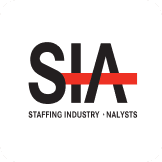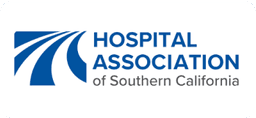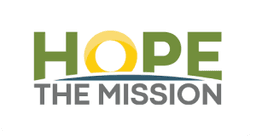
From streamlining operations with cutting-edge technology to addressing critical shortages, discover how the healthcare staffing landscape is responding to the dynamic needs of patients and professionals.




© 2025 ExpedientVMS, LLC. All rights reserved.
Hello! 👋
I am Amaya. Is there anything I can help you with today?